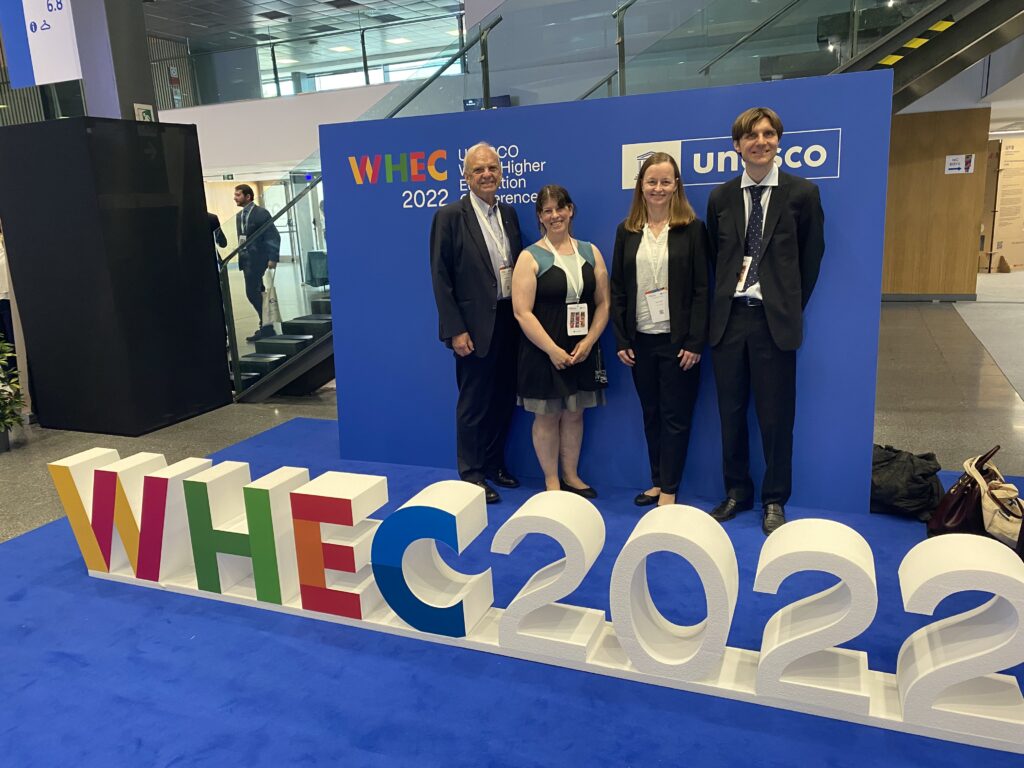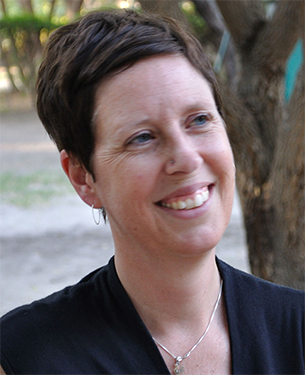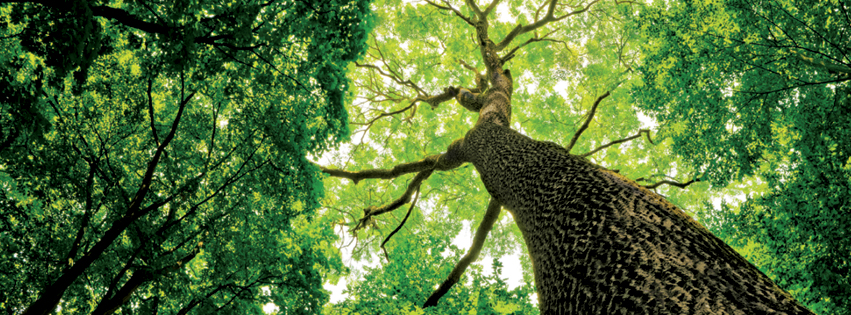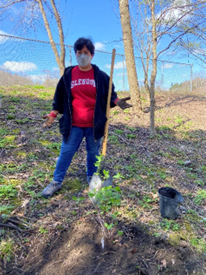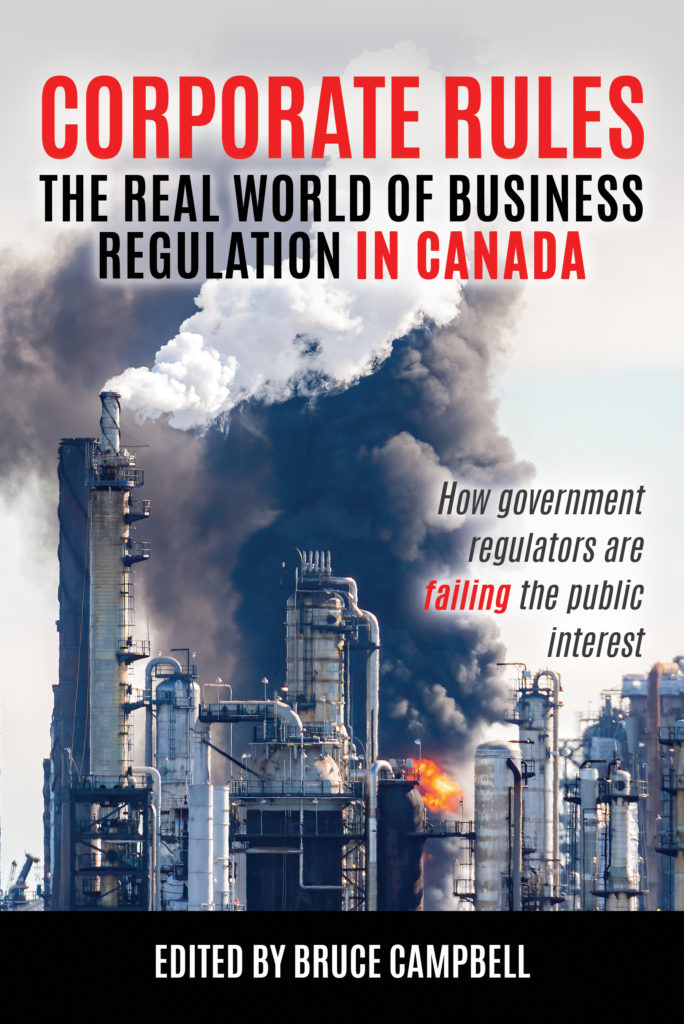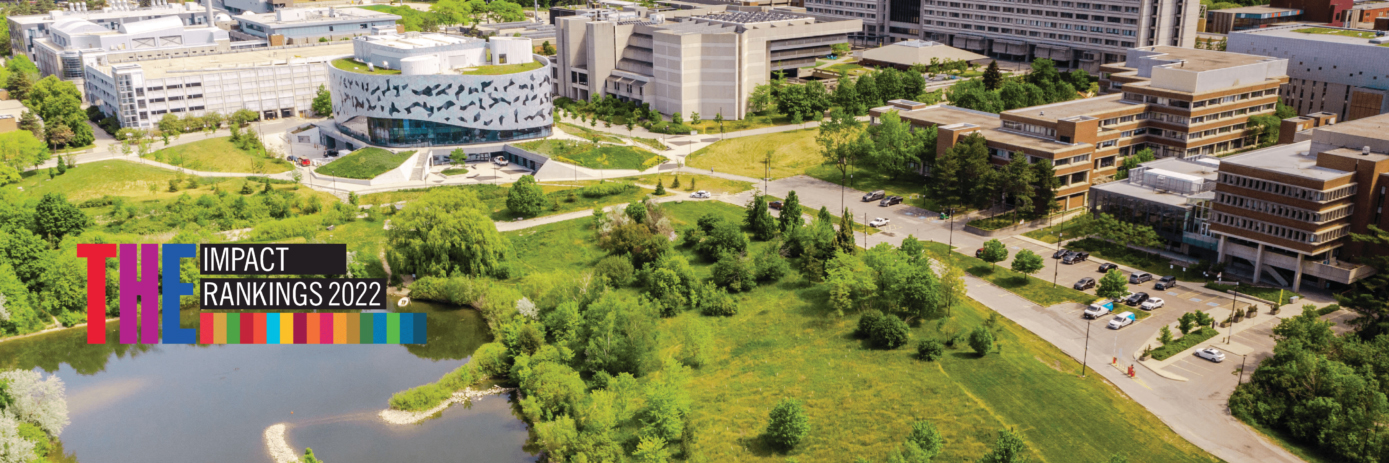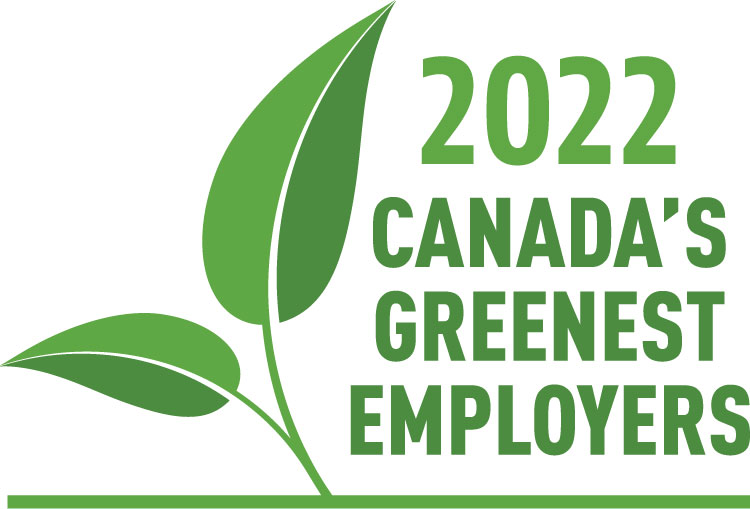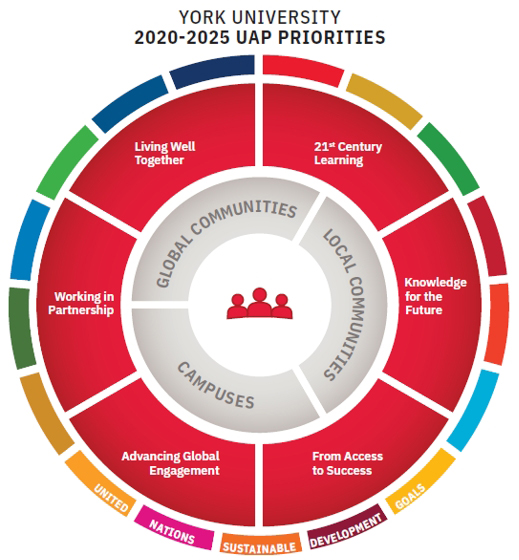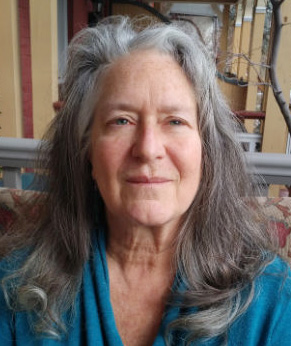Is sustainable design done differently down under? A York professor’s Ecological Design students had a chance to find out this year, thanks to a globally networked learning (GNL) collaboration with two Australian universities.
By Elaine Smith
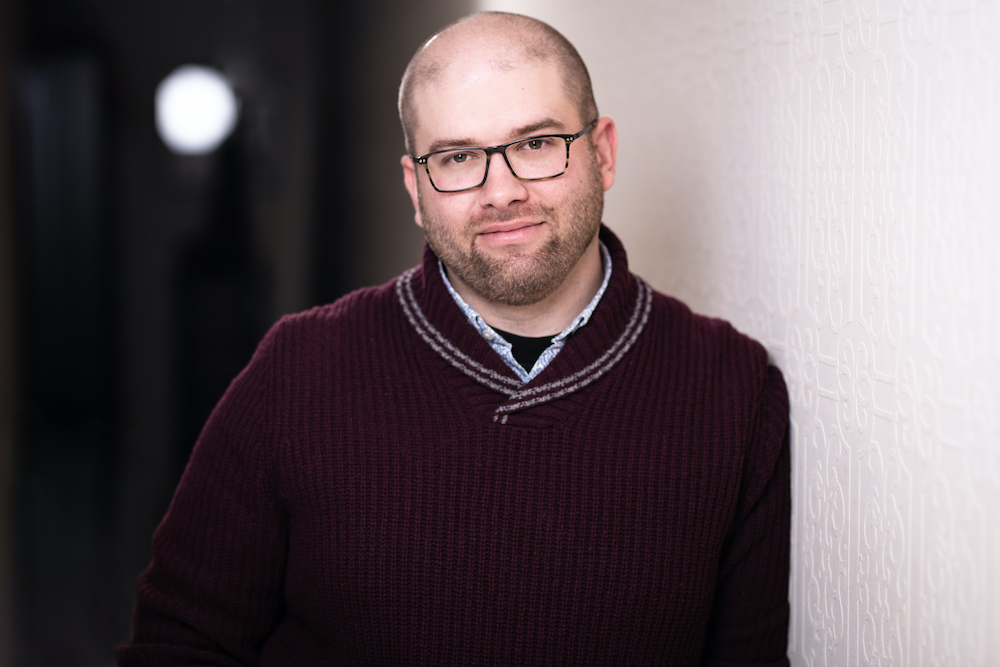
Prior to the pandemic, Ian Garrett, an associate professor of ecological design for performance in the School of the Arts, Media, Performance & Design, would work with York International each summer to take a group of students to a theatre festival such as the Edinburgh Festival Fringe or Prague Quadrennial to experience theatre design with an international flavour. Once COVID-19 hit however, courses were delivered remotely and study abroad courses were put on hold, so Garrett turned to GNL to provide his students with a cross-cultural experience.
Globally networked learning (GNL) refers to an approach to teaching and learning that enables students and faculty based in different locations worldwide to participate in and collaborate on knowledge-making processes. While it requires co-ordination on the part of the faculty members involved, there’s no travel required. It takes place using an online platform, such as Zoom, to bring groups of students from various locales together.
“It’s important for theatre students to participate in the global community and see what’s happening elsewhere in the world,” says Garrett.
It turned out that one of his closest professional collaborators, Tanja Beer, at the Griffith University, was also looking for international opportunities, so they and another colleague, Tessa Rixon, at Queensland University of Technology, decided to have their students collaborate. They coordinated their courses and ran sessions of the course together – no mean feat, since there is a 14-hour time zone difference and the school terms vary – so that all the students could benefit from particular lectures and guest speakers. They also required the students to work together on a stage design project, breaking them into small groups made up of students from both continents.
“I worked with a good group full of passionate, articulate, knowledgeable people,” says Connor Williamson, a fourth-year student in York’s BFA in performance creation degree and playwriting program. “It was interesting to consider that they were thousands of miles away on the other side of the world. The logistics were challenging – I had a couple of 6 a.m. meetings – but it was super-engaging to learn about their society and the subtle differences in how their schools were run.”
Their design projects had a real-life focus and will get some professional attention, too. Garrett and his colleagues tasked the students with designing a set for one of the 50 five-minute plays specifically written for the Climate Change Theatre Action Festival to the upcoming World Stage Design Festival, planned for Calgary in August 2022. Each group of students, and those doing solo research projects, created a sustainable stage design and prepared a poster about their work. The posters – along with those created by professional stage designers – will all be displayed at C-Space, a Calgary gallery, during the festival and their work will be part of a publication from the event.
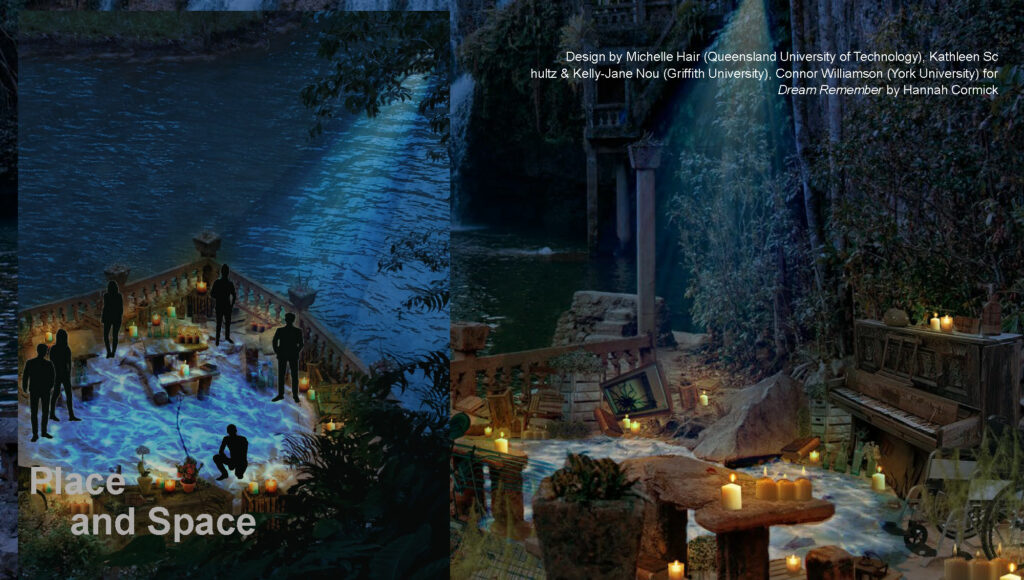
Garrett is hoping a number of the students will have the opportunity to travel to Calgary to see their work on display and attend the conference itself. Mattea Kennedy, a student in York’s MFA in sustainable design for theatre, plans to make the trip to see her poster, which is based on the play Life Day by Jessica Huang.
“The play reframes global warming and it takes the form of a faith/cultural leader leading an audience in celebration at a fictional festival,” Kennedy says. “As an audience, you are both watching and participating, which is an interesting place to find yourself.”
Kennedy ultimately set the play in a Toronto park with a gazebo, a place with a “farmers’ market vibe,” and sourced the necessary clothing and furniture at Value Village and the Habitat for Humanity Re: Store to reduce the environmental impact.
“This slightly loosens the strictures about feeling that unless you build a set from scratch, you’re not doing it right,” Kennedy explains. “We need to lessen our anxiety about designing something new so we can have more sustainable outcomes.”
Both students were enthusiastic about the benefits of the course and its GNL component.
“I really enjoyed the cross-cultural nature of the course,” Kennedy says. “It’s always good to come out of your own environment.”
Williamson loved, “relearning what I thought I knew about stage design. I would recommend the course to anyone who asks. I met some great people, learned a lot and definitely want to work with them again.”
Garrett, too, is very pleased with the outcome of the course.
The work that came out of the course was really interesting and really good,” he says. “The campus, with 400 students in the theatre program, can be really insular, so the GNL project inspired them to think differently. They invested themselves differently and wanted to do their best and impress their international teammates. The context shifts, which is what makes programs abroad so good.
“The students built relationships and I hope they’ll be able to meet in Calgary at the exhibition.”
Rixon, from Queensland University, adds, “Students developed their creative and communication skills while working as small teams on design projects. This has heightened their ability to connect with international peers, and look beyond their own borders for partners in problem solving.”
As for Garrett, himself, he sees more such collaborations in his teaching future.
“If I can figure out the logistics, there are a lot of things I can do with GNL.”




